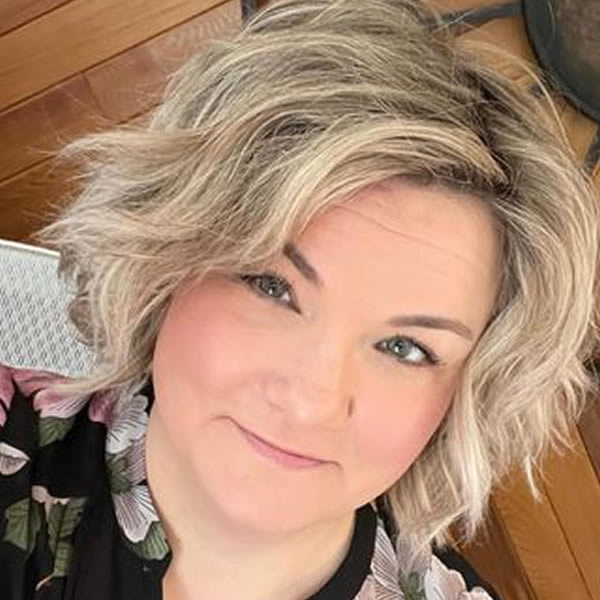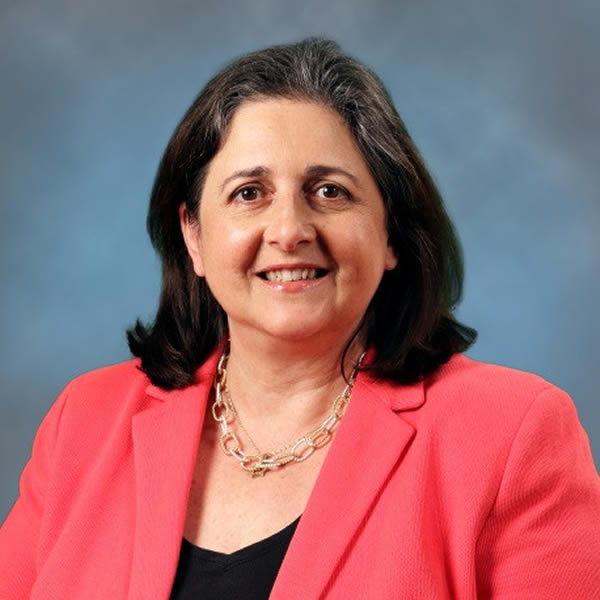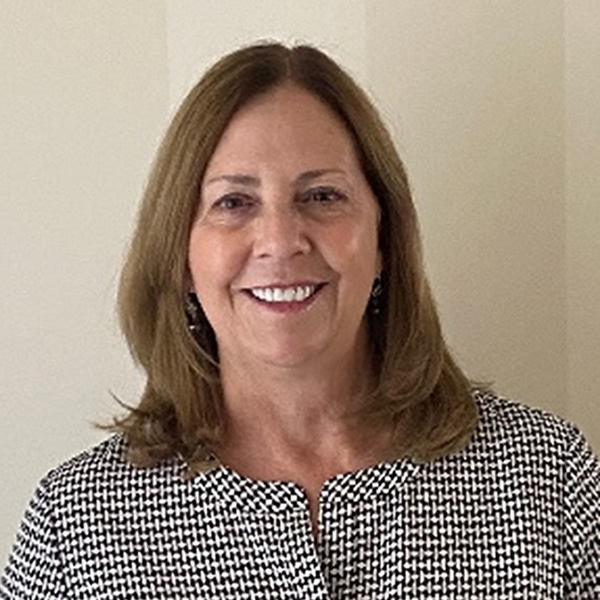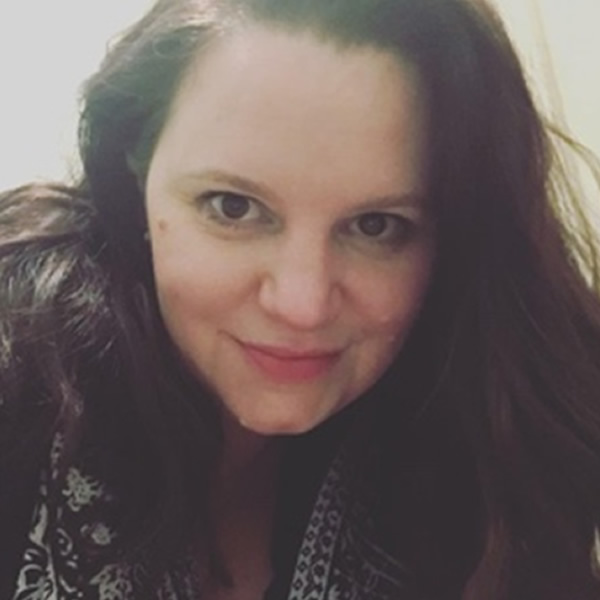Suitable for Teachers and School Admin
Overview
Join this highly recommended self-paced four-part webinar series as highly regarded industry experts lead you through key research findings focusing on Word Recognition skills. Starting with a deep dive inside Dyslexia in three modules, followed by a focus on how and why to use literacy assessments to inform instruction, strengthening sound-letter correspondences and sound walls, and how to apply concrete strategies to strengthen word recognition skills.
Part 1: Overview Inside Dyslexia – 3 Modules
Presenter: Tanya Keto, Registered Psychologist and Experienced Teacher
Total Course Hours: 4.5
Join Tanya Keto, experienced special educator, and registered psychologist, as she takes you on a deep dive inside Dyslexia in this special 3-part series. Leading with a thorough introduction into the difficulties students experience when learning to decode and encode the written word, and how to differentiate between terms used to describe these word recognition difficulties. Tanya delves into the diagnosis process and the academic impact of Dyslexia. The final part synthesizes the key findings and offers strategies on how educators can help students struggling with Dyslexia in their classrooms.
Module 1: Inside Dyslexia – An Introduction
Total Course Hours: 1.5
Inside Dyslexia part 1, examines related terms and language associated with it, we review differentiating Dyslexia from a reading comprehension learning disability, talk about Dyslexia myths, the statistics and impacts, and the developmental trajectory of Dyslexia when supported and not supported.
Module 2: Inside Dyslexia – Diagnosis and Academic Impact
Total Course Hours: 1.5
Part 2 of ‘Inside Dyslexia’, dives into the diagnosis, reviewing current models and practices, as well as the cognitive processes, including phonological awareness, understanding of the alphabetic principle, orthographic mapping, and more. Tanya explains the research that has led to a better understanding of Dyslexia, treatment and supporting students, and illustrates how Dyslexia impacts a student’s performance across academic subject areas.
Module 3: Inside Dyslexia – How We Can Help
Total Course Hours: 1.5
Learn about research informed strategies for supporting students, including early screening and prevention, best practices for whole class instruction, and evidence-based Tier 2 and 3 interventions. Tanya describes curriculum-based measurement, instructional response, progress monitoring, and how ongoing assessment informs instruction. This session also delves into Assistive Technology (AT), its purpose, suggestions for how to support students with AT, and IPP considerations. Additional resources for moving forward to support students are shared, including evidence-based resources, websites, and more.
Part 2: The Why’s and How’s of Literacy Assessment
Presenter: Dr. Lesly Wade-Wooley, Associate Professor of Special Education
Total Course Hours: 1.5
Assessments can mean different things in different situations. In this webinar, we discuss how teachers can use a variety of literacy assessment instruments for specific purposes and interpret assessment information to help make instructional decisions for students at various skill levels.
Part 3: Strengthening Sound-Letter Correspondence through Sound Walls
Presenter: Pam Lougheed Stack, Experienced Educator and Literacy & Program Director for LDAA
Total Course Hours: 1.5
Educators will learn applicable strategies on how to set up and use a Sound Wall to teach the forty-four speech sounds explicitly. Next you will learn how to systematically build sound-letter correspondences and effectively tie phonemic awareness activities into your phonics instruction.
Part 4: Phonics and Orthographic Mapping for Reading and Spelling
Presenter: Kristy Dunn, doctoral candidate in Special Education and Principal Instructor in the Faculty of Educational Psychology at the University of Alberta
Total Course Hours: 1.5
Orthographic mapping, the mental process used to permanently store sight words for efficient and automatic retrieval, is essential for becoming a fluent reader and proficient speller. This webinar will explore sight word development and provide an overview of activities that can be used to support students in mapping sound to print for reading and spelling.

Tanya Keto
Registered Psychologist and Experienced Teacher
Bio of Tanya Keto
Tanya Keto is a Registered Psychologist and Permanent Professionally Certified Teacher. She holds a Bachelor of Education from the University of Alberta and a Masters of Education in Child and Applied School Psychology from the University of Calgary. Tanya is the Manager of Professional Development and Parent Education for Foothills Academy Society and is a leader in Learning Disabilities (LD) since 1979. Tanya has over 20 years of experience working with individuals with LD and ADHD as a teacher, learning strategist, guidance counselor, and educational psychologist. She now specializes as a school psychologist, adult educator, university instructor, and advocate for individuals with LD and ADHD at school and in the workplace. With a unique ability to combine her real-world experiences with empirically driven practices, Tanya presents from a place of knowledge, empathy, and expertise, making evidence-based information accessible and practical to all participants.

Dr. Lesly Wade-Wooley
Associate Professor of Special Education
Bio of Dr. Lesly Wade-Wooley
Lesly Wade-Woolley is an Associate Professor of special education at the University of Alberta. She received her BA in Linguistics from the University of Tennessee, her MA in Linguistics from McGill University, and her PhD in Education from the University of Toronto. She spent sixteen years as a professor of Cognitive Studies in Education at Queen’s University and five years at the University of South Carolina in the Department of Communication Sciences and Disorders. Her research program targets the language bases of reading and spelling development and disorders, with a specific emphasis on prosody, or the rhythmic patterns of oral language. Her teaching experience has encompassed both professional (preservice teachers and speech pathologists) and research foci. She has also consulted for provincial and state government bodies in dyslexia and reading instruction and is a former President of the Society for the Scientific Study of Reading.

Pam Lougheed Stack
Literacy & Program Director at LDAA
and Experienced Educator
Bio of Pam Lougheed Stack
Pam Lougheed-Stack is the Literacy and Program Director for the Learning Disabilities Association of Alberta (LDAA) and is a leader in the learning disability sector. Her vast experience supporting diverse learners throughout her teaching career spans across a variety of roles, including as a classroom teacher, resource teacher, learning specialist, early and late literacy specialist, and as a special educator teaching dedicated classes to students diagnosed with learning disabilities. Pam demonstrates expertise in delivering evidence-based literacy instruction and intervention, and in creating educator focused curriculum. She has led school-wide literacy initiatives and is a sought-after presenter on effective literacy instruction to various groups across Alberta. Pam is an active member of the Learning Disabilities & ADHD Network’s Advisory Council and a former director of the Learning Disabilities Association of Alberta.

Kristy Dunn
Doctoral candidate in Special Education and Principal Instructor in the Faculty of Educational Psychology at the University of Alberta
Bio of Kristy Dunn
Kristy Dunn, Ph.D., is a researcher and learning consultant at the University of Alberta, specializing in literacy and reading intervention development for at-risk readers. She has over 15 years of teaching experience in elementary and post-secondary classrooms. Kristy recently developed an early reading intervention for Alberta Education that is being used across Grades 1 to 3 and trains teachers nationwide in structured literacy. She co-authors The Phonic Companion: 120 Lessons for Teachers and is the Senior Series Consultant for Bug Club Morphology with Pearson Education.

